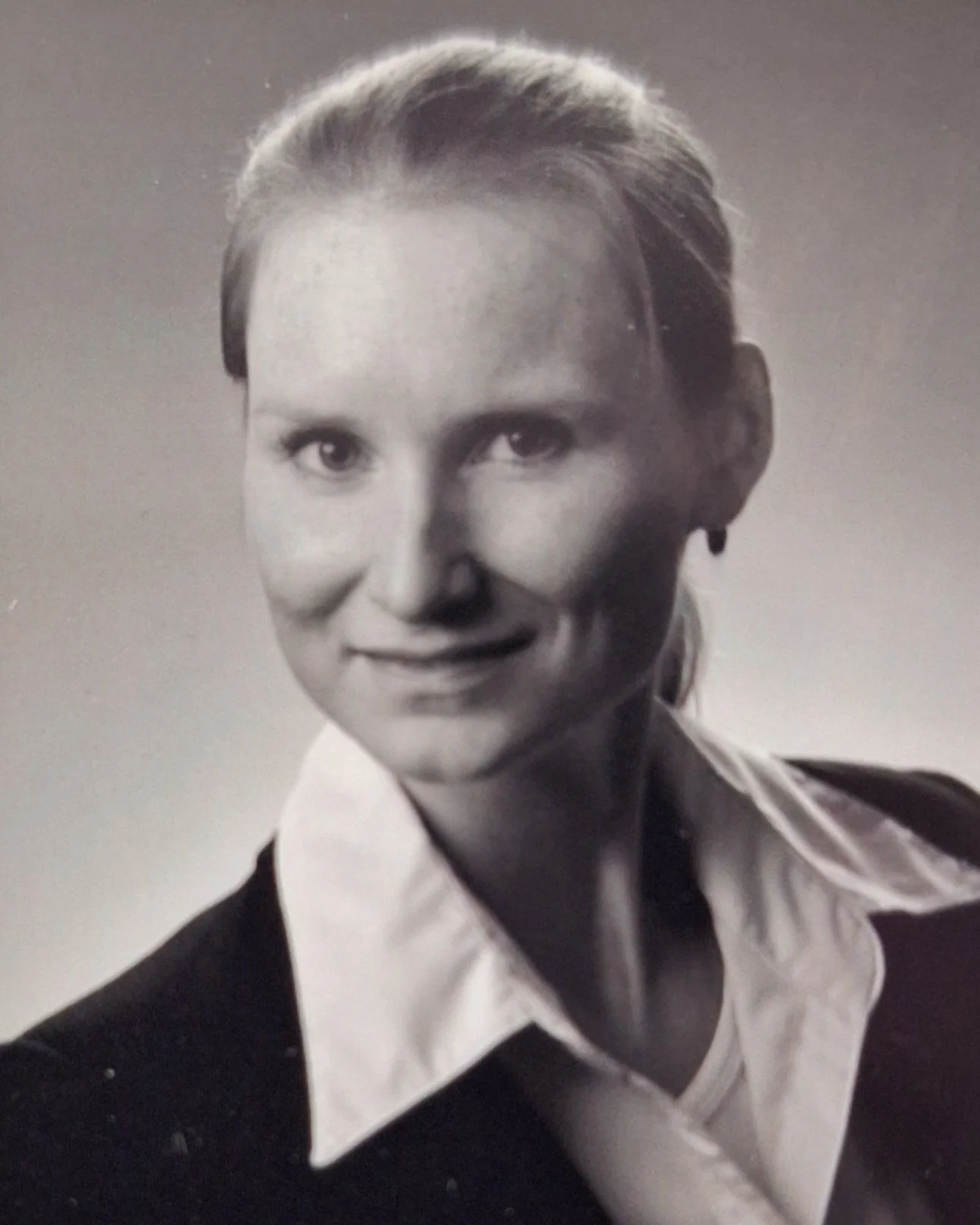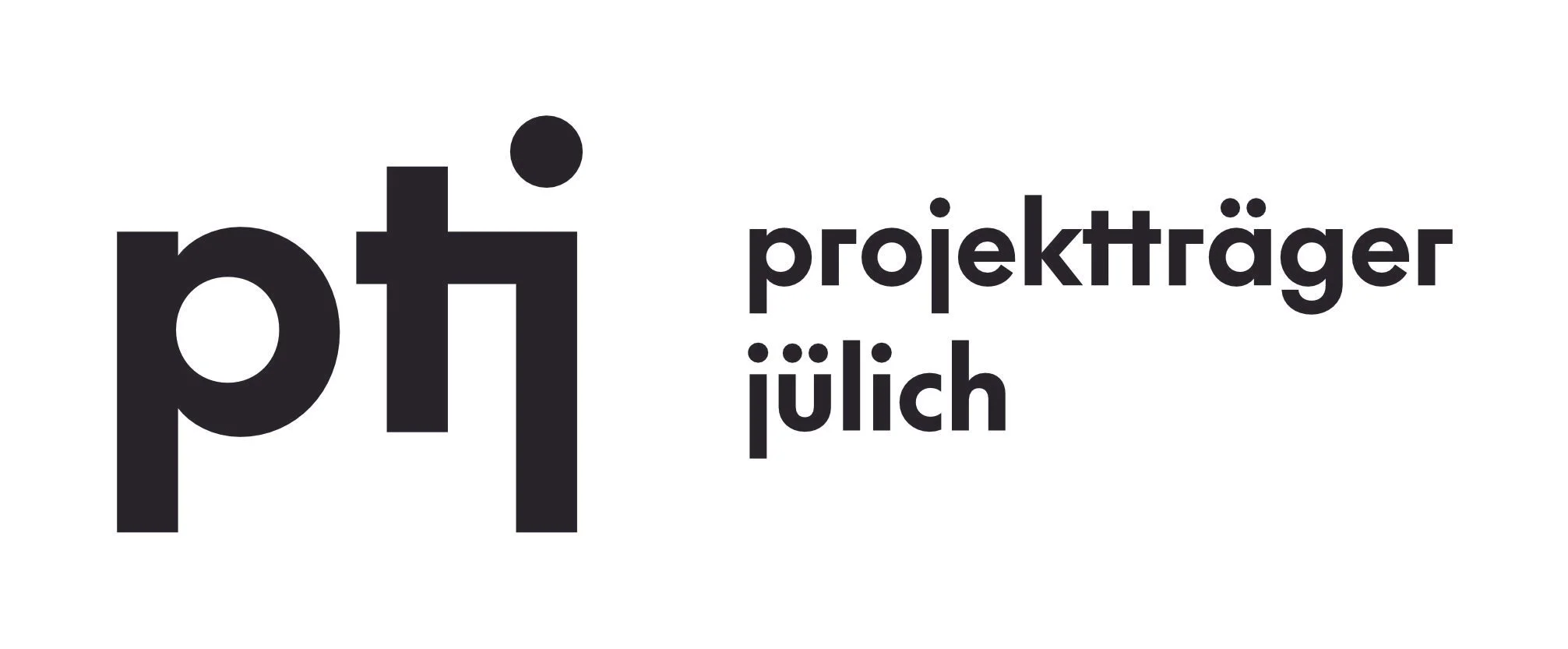Germany
Contracting Party: Forschungszentrum Jülich GmbH, Germany
Executive Committee Member:
Manuela Richter
Geothermal Energy Scientist
Forschungszentrum Jülich GmbH
Germany
Alternate Member:
Andreas Koch
Geothermal Energy Scientist
Forschungszentrum Jülich GmbH
Germany
Ahnsbeck drilling site, DemoCELL project. Photo courtesy of PtJ.
Germany has three regions that are well suited for geothermal energy development and use: the North German Basin, the Upper Rhine Graben, and the South German Molasse Basin. Each of these regions has characteristics and challenges in accessing the geothermal heat.
The characteristics of the thermal water in the North German Basin are the moderate flow rates and temperatures attainable whilst managing the high salinity in places; whereas in the South German Molasse Basin there are high flow rates and high temperatures attainable with generally low salinity. The heterogeneous geology and numerous fault zones of the Upper Rhine Graben make it more difficult to characterise; but with high temperatures and flow rates it is favourable for commercial geothermal energy use.
A shift in emphasis is occurring in Germany with geothermal energy increasing being considered as heat for cities and district heating networks rather than for electricity generation.
In 2024, there were 42 geothermal plants in Germany with an installed capacity of 408 megawatts (thermal). Eleven of these plants produce electricity (capacity of around 55 MWe) either exclusively or in addition to heat supply.
As of January 2025, 16 plants are under construction and a further 155 plants are planned.
The following are three examples of exploration projects supported by the Federal Government:
Stadtwerke München (SWM) is working to provide all district heating for Munich (South German Molasse Basin) from renewable sources by 2040, the majority coming from geothermal energy. The aim of the GIGA-M project is to optimise the use of the extensive deep geothermal potential for a climate-neutral supply of heat to the Greater Munich area. The focus is on the strategic shift from the current individual site implementation to the synergetic use of a geothermal field overall.
Project DemoCELL (North German Basin) is an exploration campaign to drill medium depth wells to characterise the reservoir in the basin. Once developed this is expected to lead to a significant boost in the development of the region.
In the Upper Rhine Graben, the town of Wörth am Rhein is the focus of the DEKAPALATIN research project which aims to obtain data from geological exploration and drilling.
More Information: https://www.energieforschung.de/en/research-missions-for-the-energy-transition/research-missions/mission-heat-transition-2045
Contact:
Manuela Richter
Project Management Jülich
Energy System: Renewable Energies
Geothermal Energy and Communications
Forschungszentrum Jülich GmbH
D-52425 Jülich, Germany
Phone: +49 2461 61 9165
E-Mail: ma.richter@ptj.de





